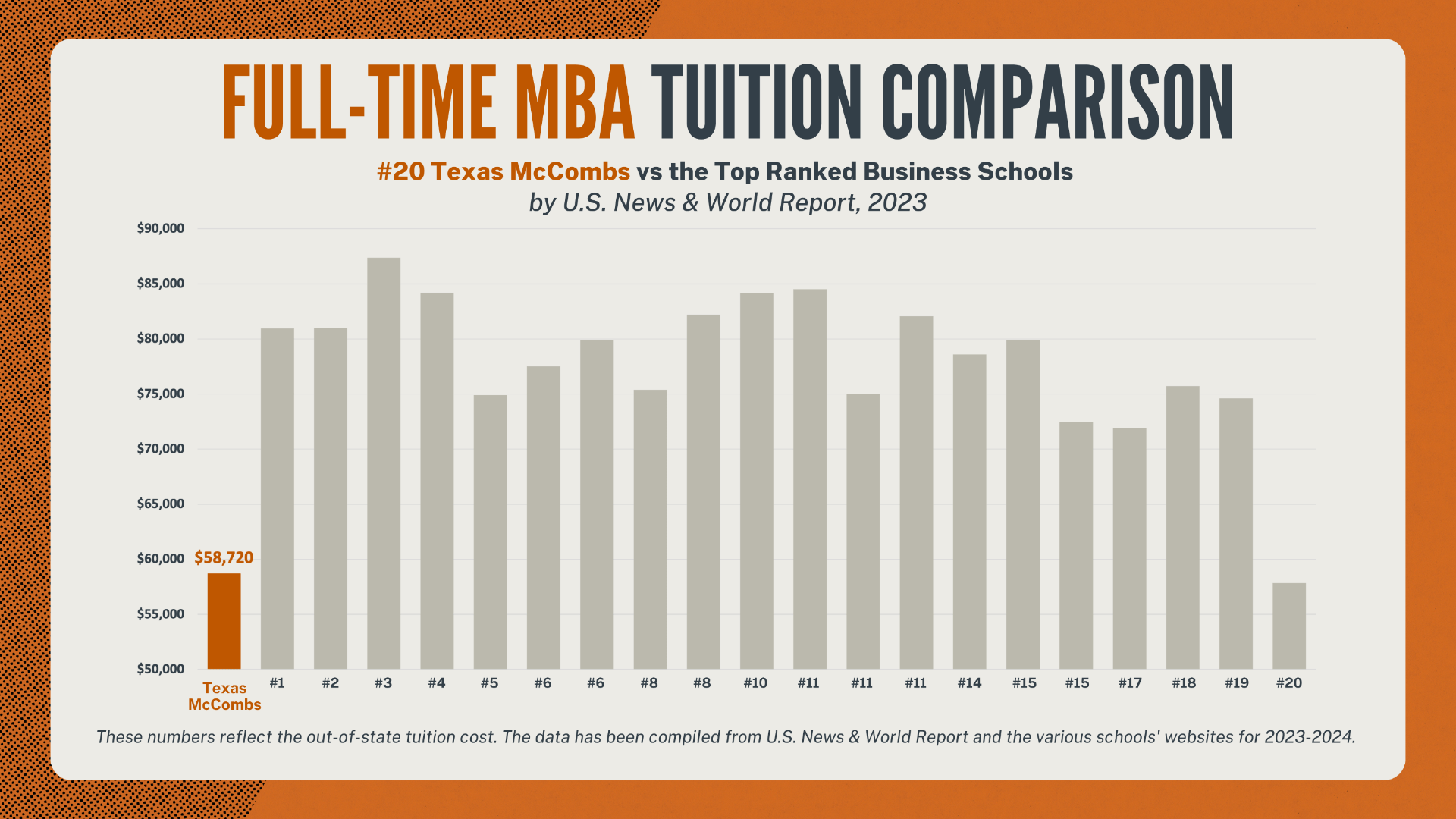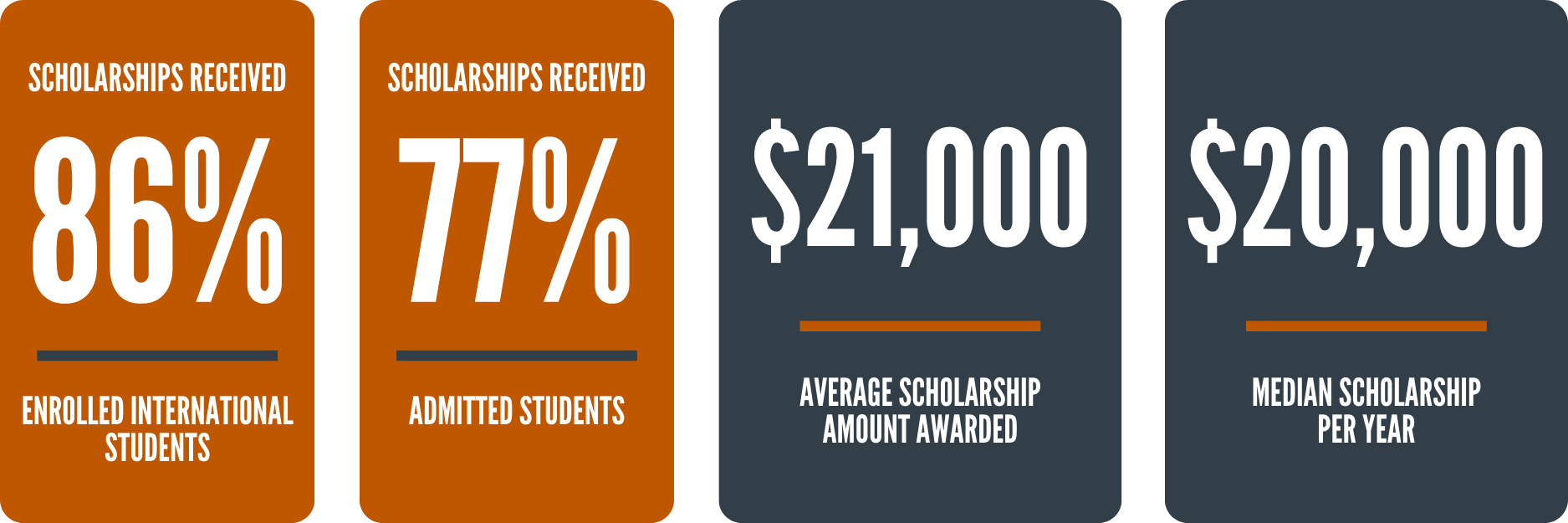As we look ahead to the 2024-2025 admissions cycle, Texas McCombs continues to embrace our core value of being “Human-Centered, Future-Focused.” In this spirit, we’re excited to once again offer all MBA applicants the opportunity to participate in an MBA admissions interview. This interactive virtual session provides a unique chance to connect with the McCombs community, showcase your collaborative skills, and reaffirm your motivation for pursuing an MBA at Texas McCombs.
We pride ourselves in getting to know you at a personal level during the admissions process and will continue to provide hundreds of virtual and in-person ways for you to meet our students, alumni, faculty, and admissions team. While entirely optional, this interview can be a valuable way to leave a lasting impression on our community.
WHEN AND HOW TO ACCESS YOUR ADMISSIONS INTERVIEW
Roughly a week after the round deadline, applicants will receive an email that will point you to our online platform and allow you to select an interview slot that works with your schedule. There is a deadline to complete your interview, so be sure to schedule it early. Slots will fill quickly!
IS AN INTERVIEW REQUIRED?
Depends on the program you are applying to. All Working Professional and Executive MBA applicants are required to complete an interview.
For Full-Time MBA applicants, however, the MBA Interview is optional. There are plenty of ways for the admissions committee to get to know you without the optional MBA admissions interview. For example, if you have continuously engaged with the McCombs community, feel confident in your video assessment submission, and have no additional questions for a current student, then registering for and attending a virtual interview might not be necessary. On the other hand, if you have not had the chance to get to know us and would like an additional opportunity to convey something that might not be conveyed elsewhere in the application, we might recommend signing up for a peer interview. At the end of the day, the choice is yours. The interview may serve as an additional data point for the committee, but it is not required for admissions consideration.
Tip: Remember that every interaction you have with a member of the Texas McCombs community is an opportunity to make a positive impression about who you are and your MBA candidacy. From speaking to our receptionist at the MBA Program Office to meeting an Admissions Officer on the road, all members of our community have an opportunity to provide informal feedback on MBA applicants, so make every connection count.
WHAT IS THE INTERVIEWER LOOKING FOR?
We listen for confidence, clear and concise communication and overall genuine enthusiasm. The interviewer will be focusing on the following competencies:
Motivation
The Admissions Committee is looking for applicants with a genuine interest in pursuing an MBA and a clear understanding of how it will help to achieve their professional goals. Applicants should understand why Texas McCombs is the right place to pursue their studies and show enthusiasm for their goals and our MBA program.
Collaboration
We are looking for applicants that demonstrate strong collaboration skills with their ability to strategically position themselves in a group due to their self-awareness of their strengths and weaknesses. They are easy to work with and comfortable relying on others’ strengths.
WHAT TO EXPECT DURING THE INTERVIEW
The optional interview will last approximately 20-25 minutes and is available throughout the rounds. The student ambassador will introduce themselves and ask you up to 3 questions that focus on collaboration and motivation. The rest of the time is yours to ask a few questions that are top of mind.
We recommend having 2-3 questions prepared for your student interviewer about the program and student experience. You are also welcome to discuss information about your candidacy that is not addressed elsewhere, as the interviewer can in turn provide this information to the admissions committee via a post-interview form.
Different schools have different interview processes. It’s important to be familiar with how the Texas McCombs MBA program runs the virtual interview experience. Be sure to read all confirmation emails and instructions very carefully. All optional interviews are conducted virtually by a member of the McCombs Ambassador Committee.
WILL I KNOW WHO MY INTERVIEWER IS AHEAD OF TIME?
Yes! You will have the option to select both your interviewer and your interview time slot. While some applicants prefer to focus their choice primarily on finding a time that works best for their schedule, others may prioritize selecting a specific interviewer. The choice is entirely yours, allowing you to approach the process in a way that best suits your preferences and needs.
Your chosen interviewer will have access to your name, email, and resume prior to the interview. However, they won’t have any other information about you or your application. We recommend having a copy of your resume on hand during the conversation for easy reference.
CAN I CONDUCT MY INTERVIEW IN PERSON?
No. All our MBA admissions interviews are virtual to keep all applicants (including those who cannot come to campus) on a level playing field. We do encourage applicants to visit us in person so you can get to know us, but interviews must be conducted virtually (via Zoom).
OUR TOP INTERVIEW TIPS
- Be On Time: Arriving on time is “Interviewing 101,” yet it still manages to trip up even the most prepared of candidates. Please follow all the instructions in your confirmation email about how to connect with your interviewer.
- Test your Connection: Interviews require a desktop or laptop computer (no iPhone/iPad) with a functioning webcam, microphone, and internet connection. We recommend connecting directly to your internet for the most reliable internet connection – and make sure you have plenty of charge on your laptop or that you are plugged in!
- Pace Yourself: You’d be surprised how many times, at the end of an applicant’s long answer, we are asked to repeat the original question. Most often this happens to people who try to put too much into the first answer for fear of not being given an opportunity later to address their prepared examples. Keep your responses concise and keep in mind the short duration of the interview.
- Be Professional but Loosen Up: Given our program’s famously friendly culture, our interviews are relatively informal. If you still find yourself nervous, practice your answers in front of a mirror or with a friend or colleague and ask them how you did. Did you answer the question? Did you rush through it? Take a moment to outline your answer in your mind first, and then address it calmly and confidently. Don’t get too comfortable, though. While we’re an easy-going group, maintaining an appropriate level of professionalism is always a good idea. This includes professional language and attire.
- Come with questions: If you choose to participate in this optional interview, prepare thoughtful questions to make the most of this opportunity. A good list of questions for your interviewer can illustrate a few key things about you as a candidate: You’ve done your research, you care about our program, you have envisioned yourself as a Texas McCombs MBA, and you can formulate coherent thoughts under pressure.
Here is a list of topics to consider:
- Discuss any aspect of your candidacy that has not already been covered in other application components.
- Get to know your host and their experience at Texas McCombs. Ask them questions about their MBA journey and the McCombs community.
- Ask for tips and advice on how to best navigate and spend the time between the admission decision and program kick-off.
In the competitive world of MBA applications, Texas McCombs stands out by prioritizing the human component. Our “Human-Centered, Future-Focused” values resonate throughout the entire admissions process, offering you an opportunity to showcase your collaborative skills and reaffirm your motivations for pursuing an MBA.
Whether you choose to participate in this interview or explore other avenues of connection, remember that every interaction can contribute to your MBA candidacy. We encourage you to consider which opportunities align best with your goals and preferences. Whichever path you choose, we look forward to getting to know you and potentially welcoming you to the Texas McCombs family.
If you have any questions during the application process, we’re here to help. Please visit our website for details on applying to each program and follow us on Instagram for an inside look into the Texas McCombs MBA.

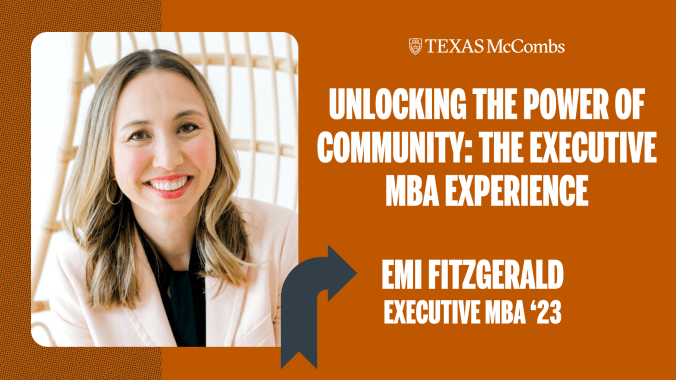
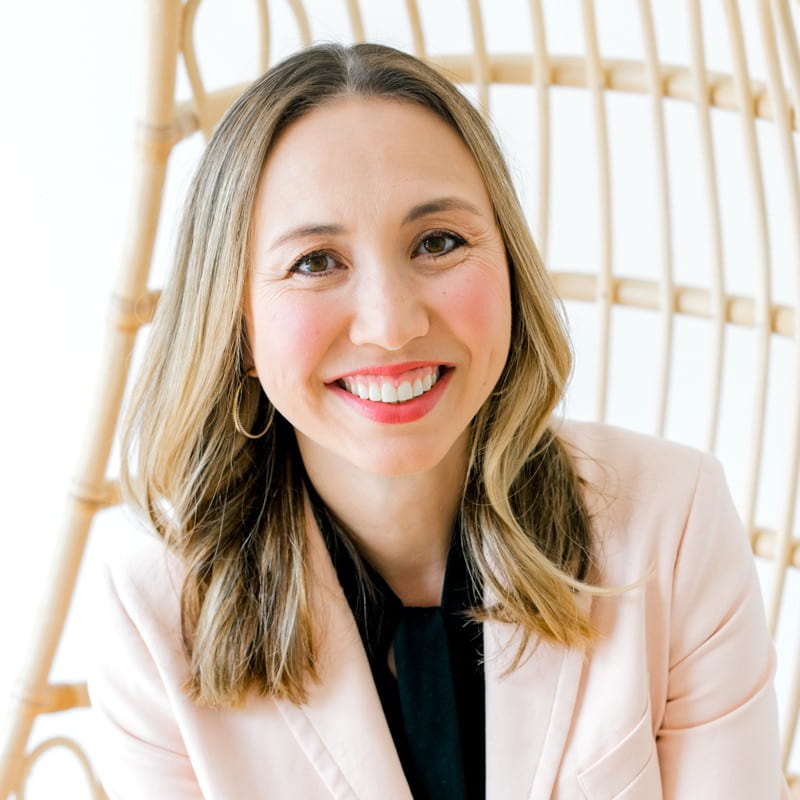 Emiko FitzGerald, Executive MBA Class of 2023, made strong connections while at McCombs. Recognized as one of
Emiko FitzGerald, Executive MBA Class of 2023, made strong connections while at McCombs. Recognized as one of 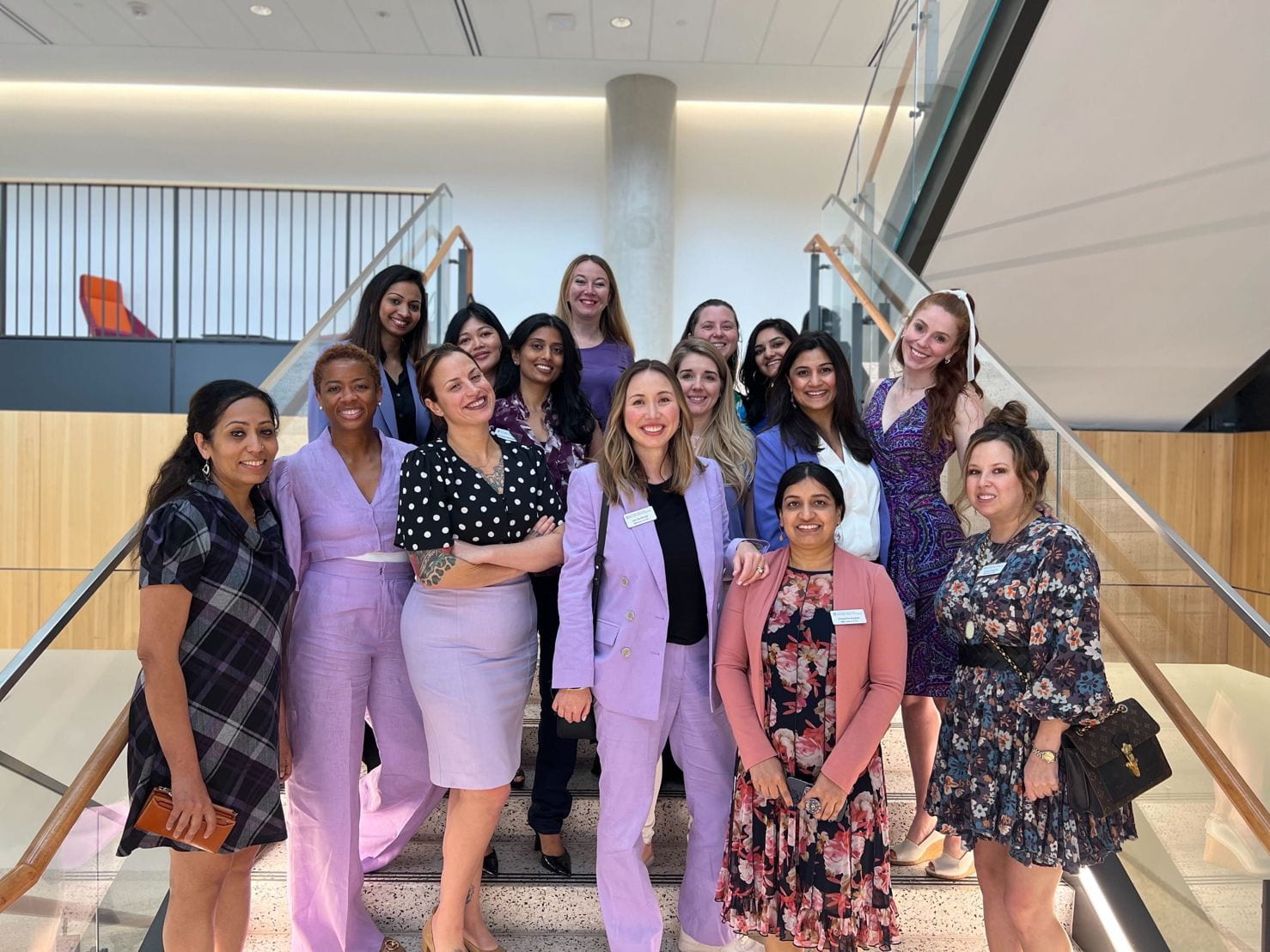
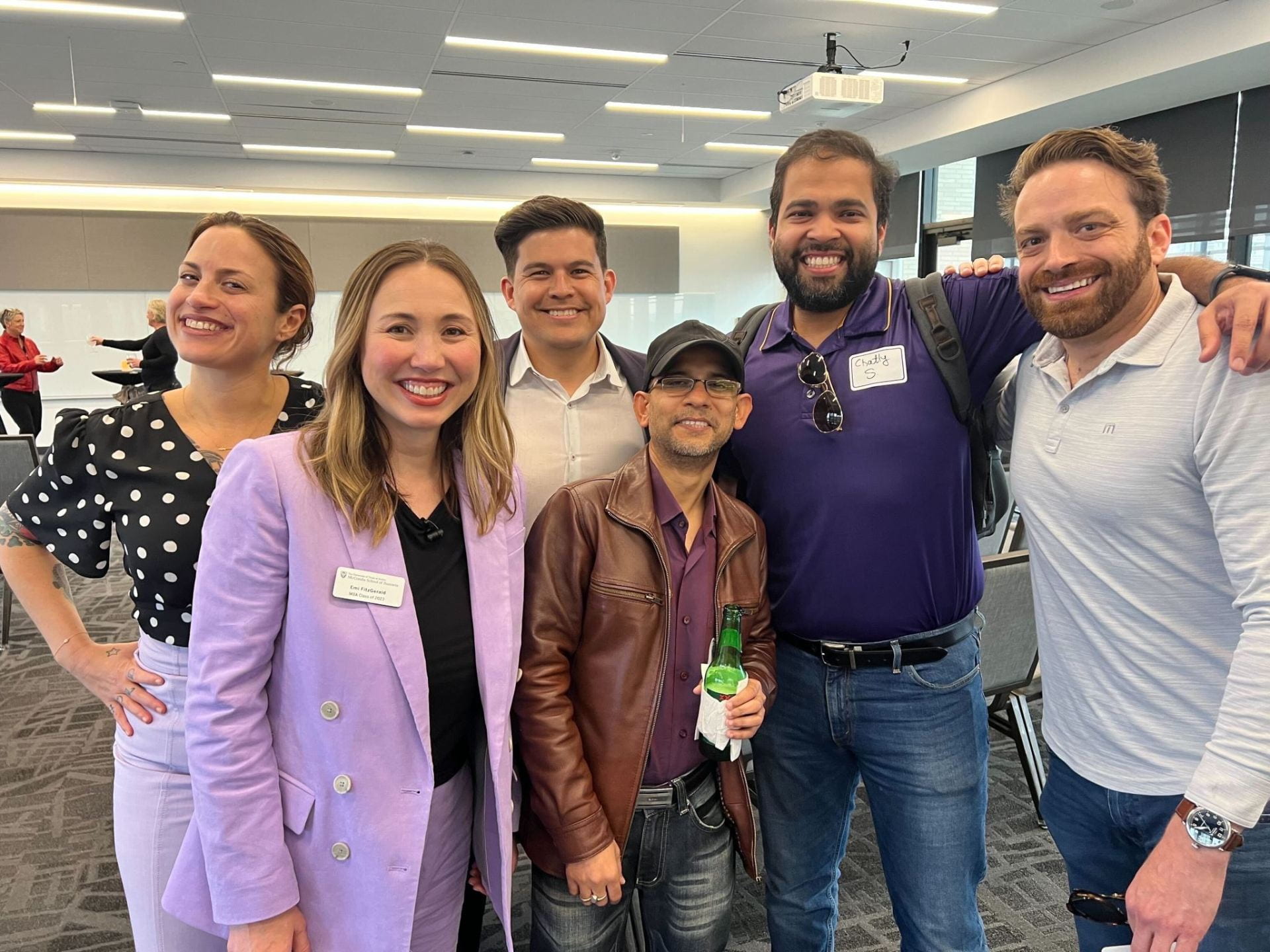
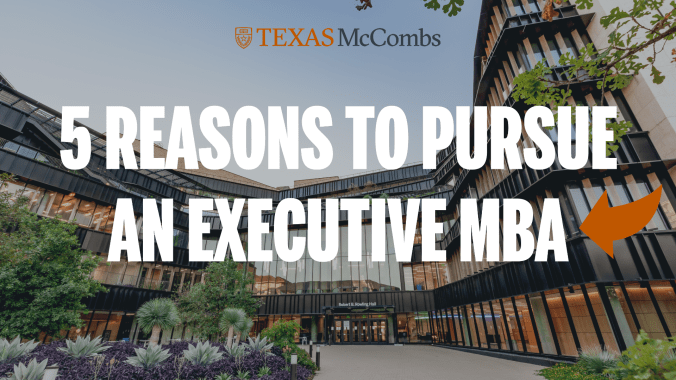
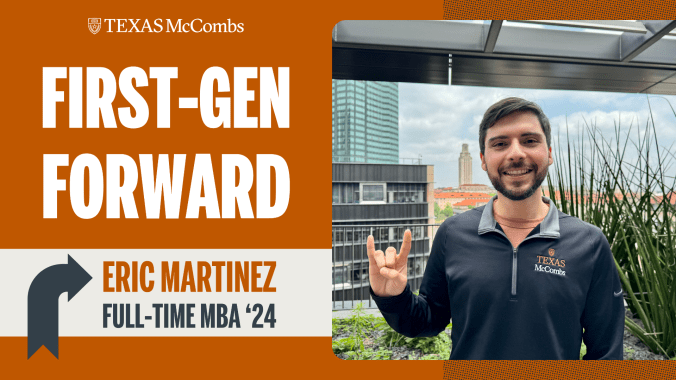
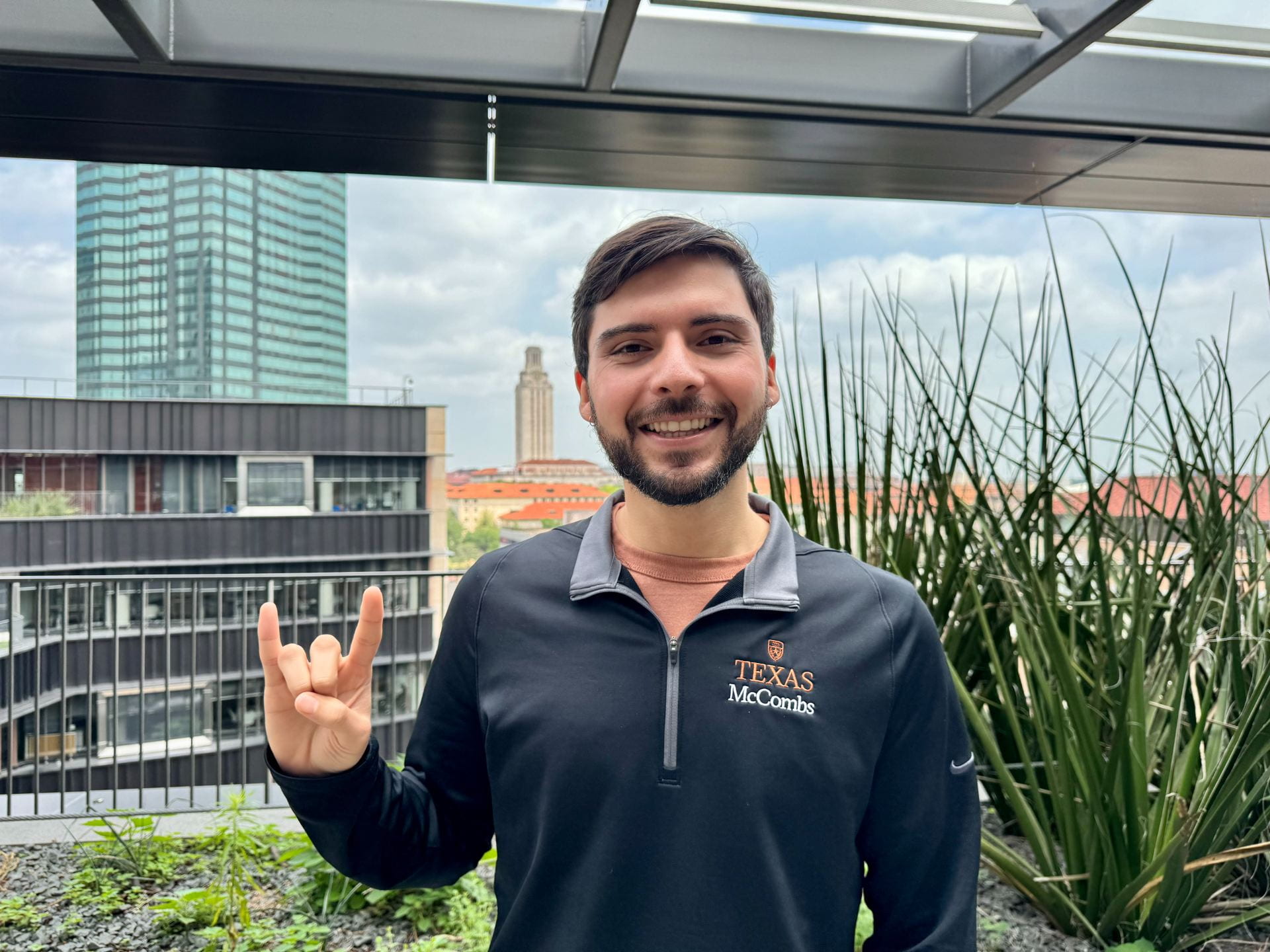
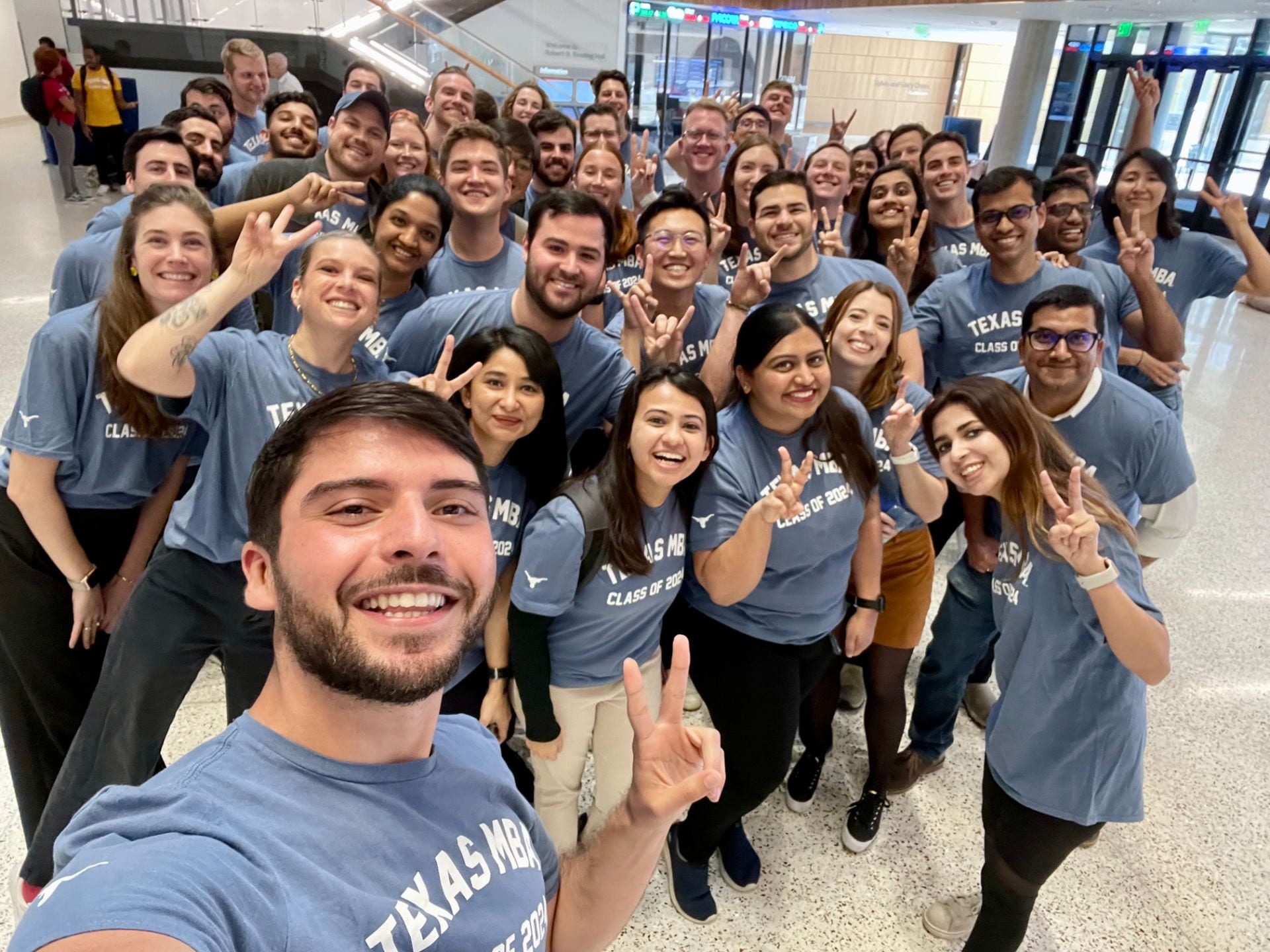
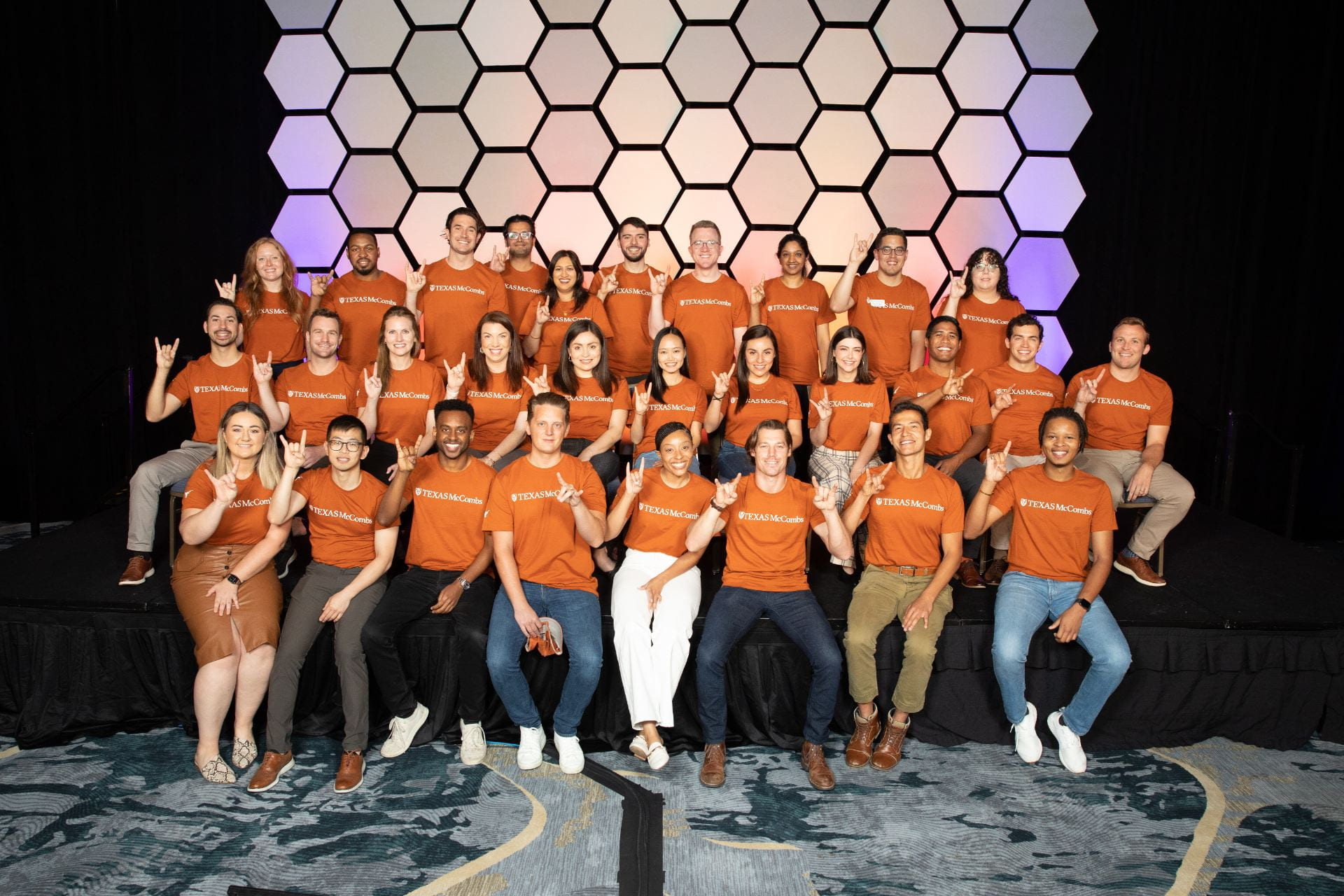
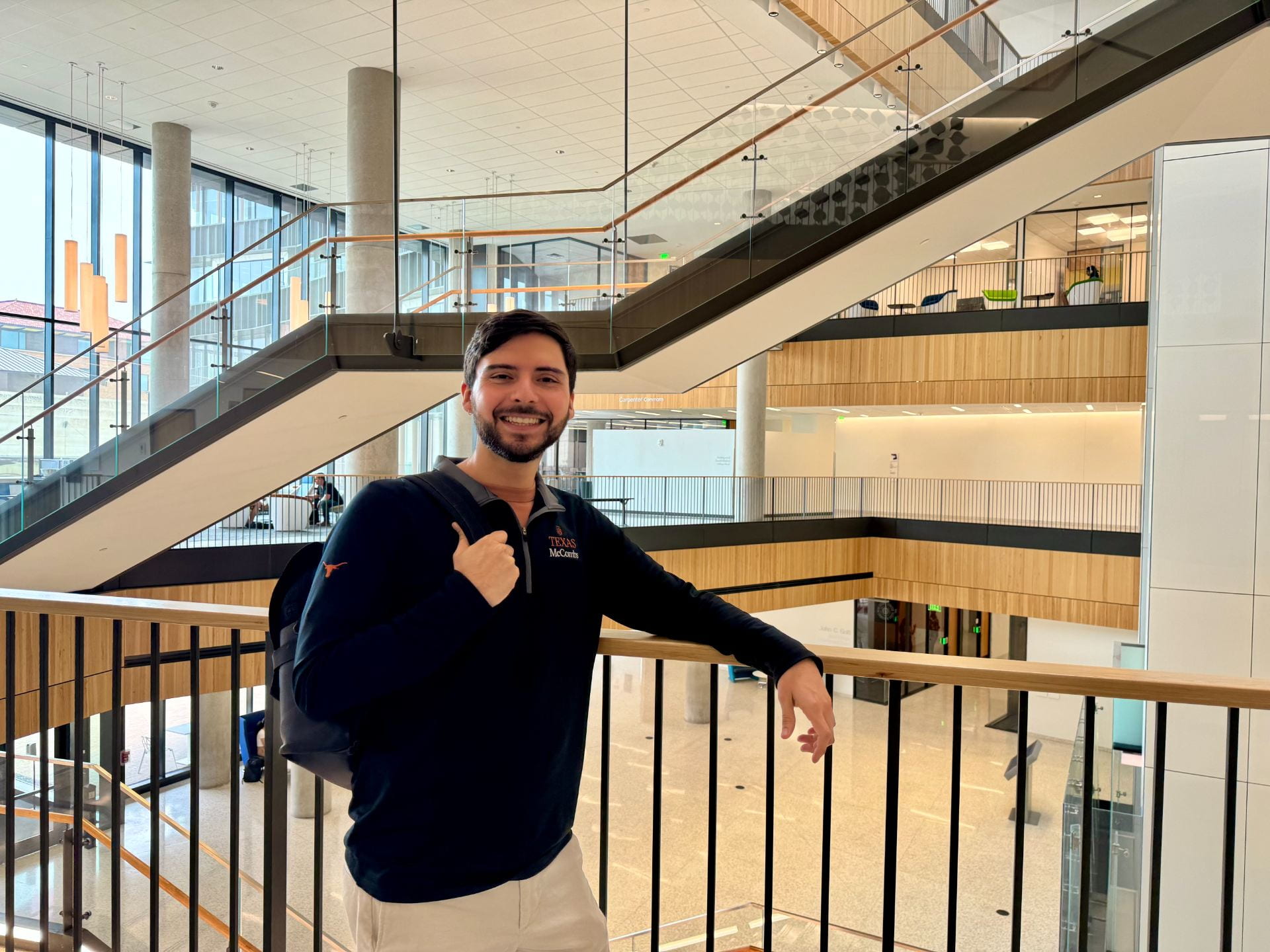

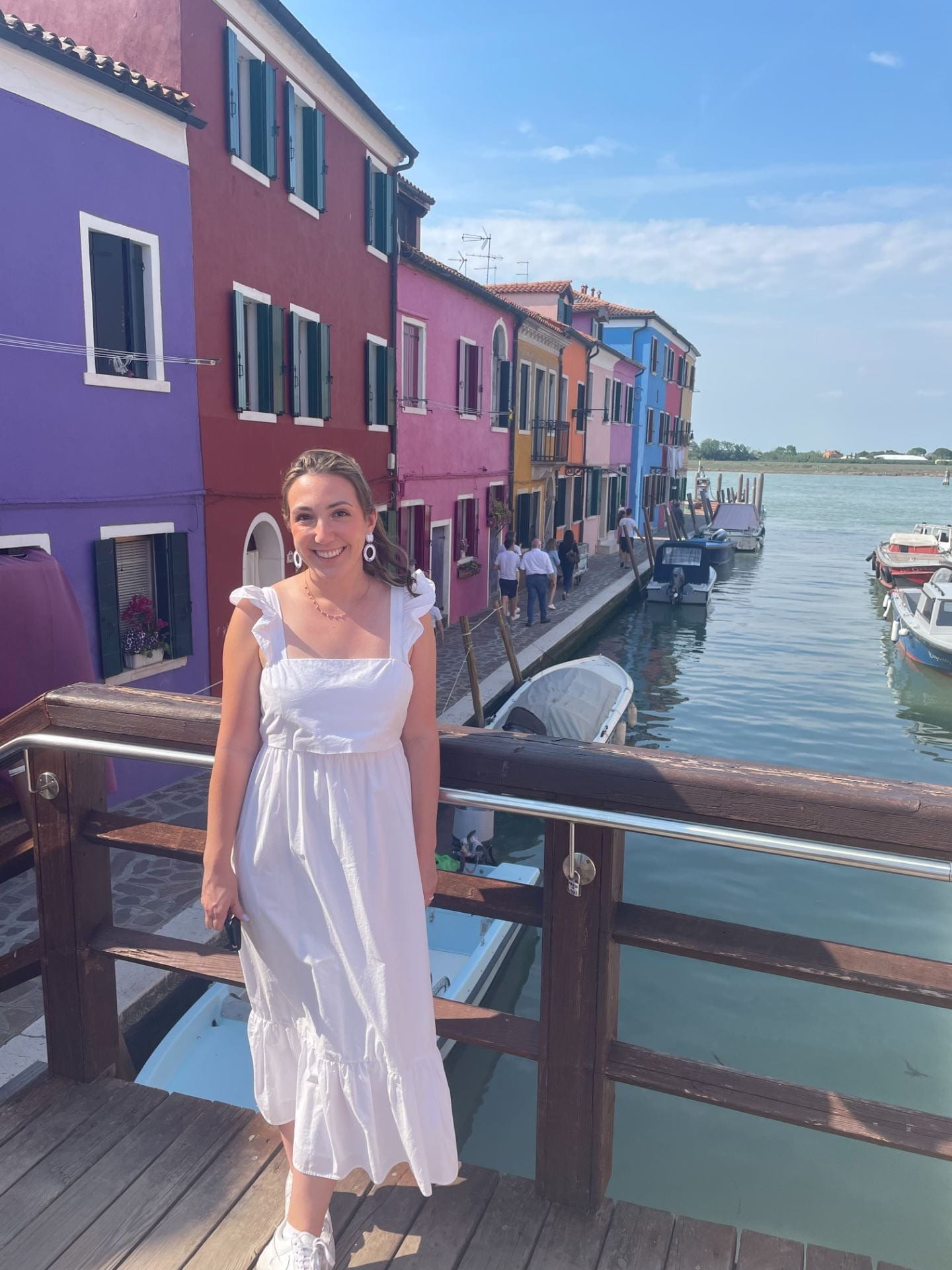

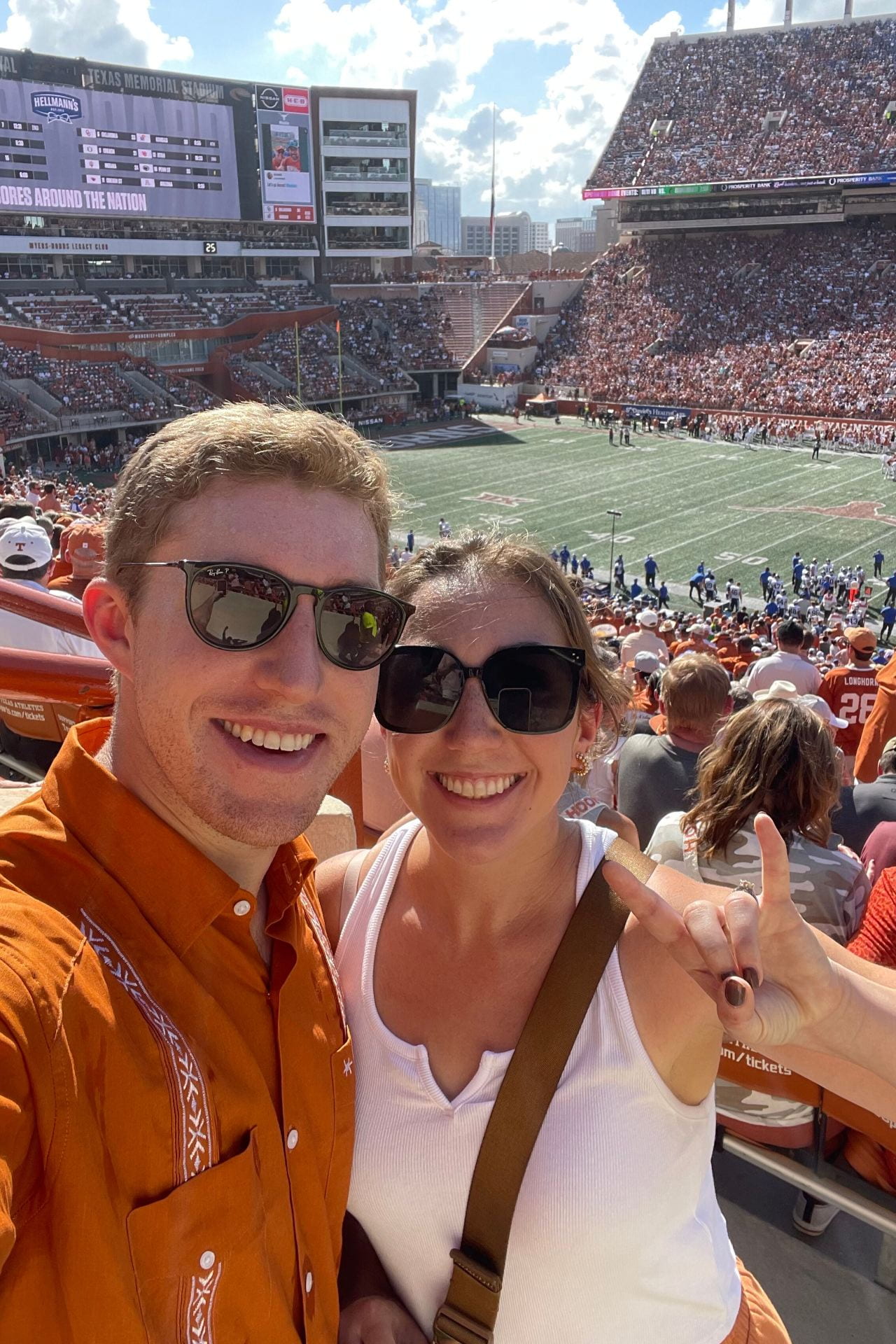
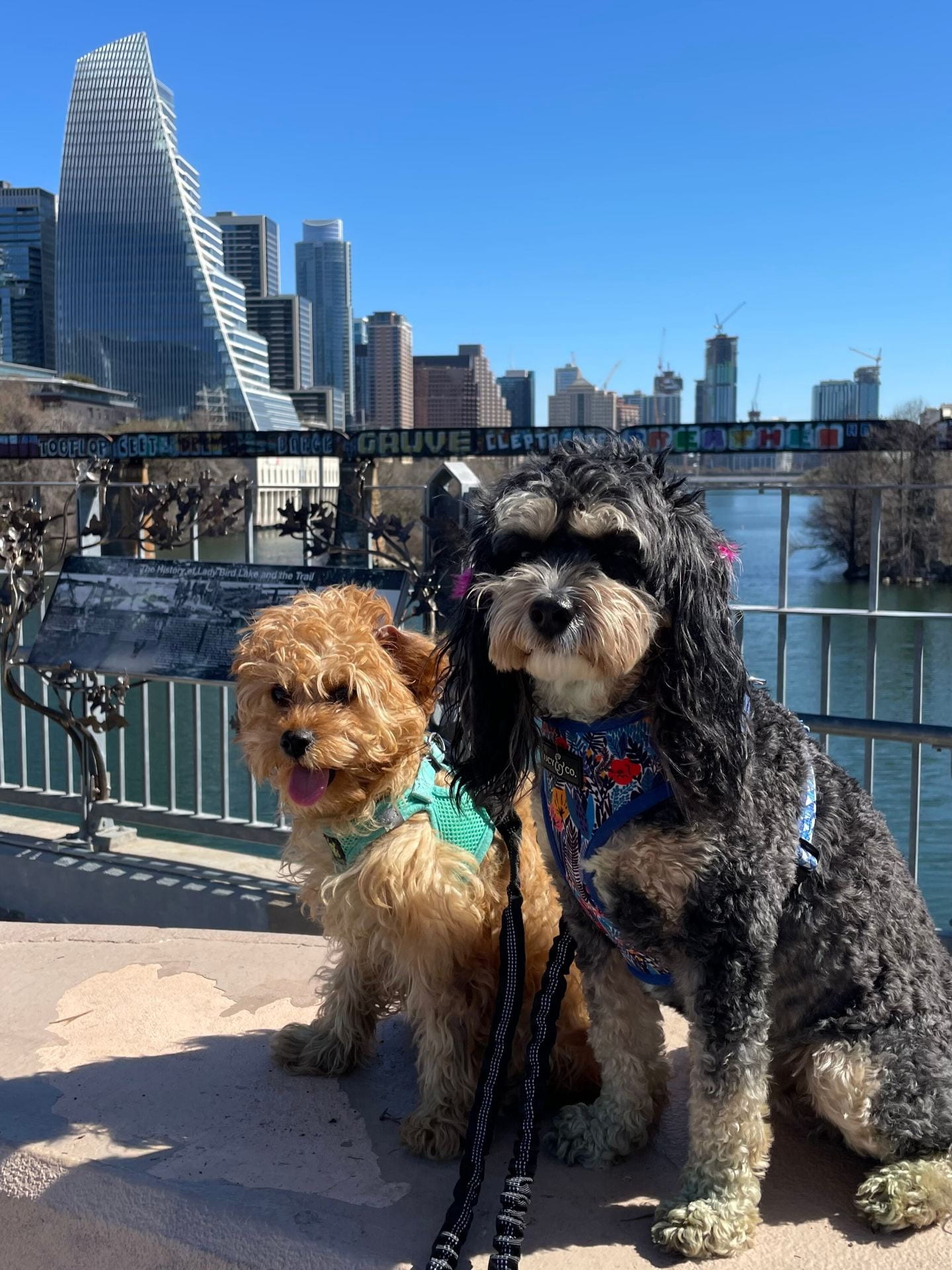
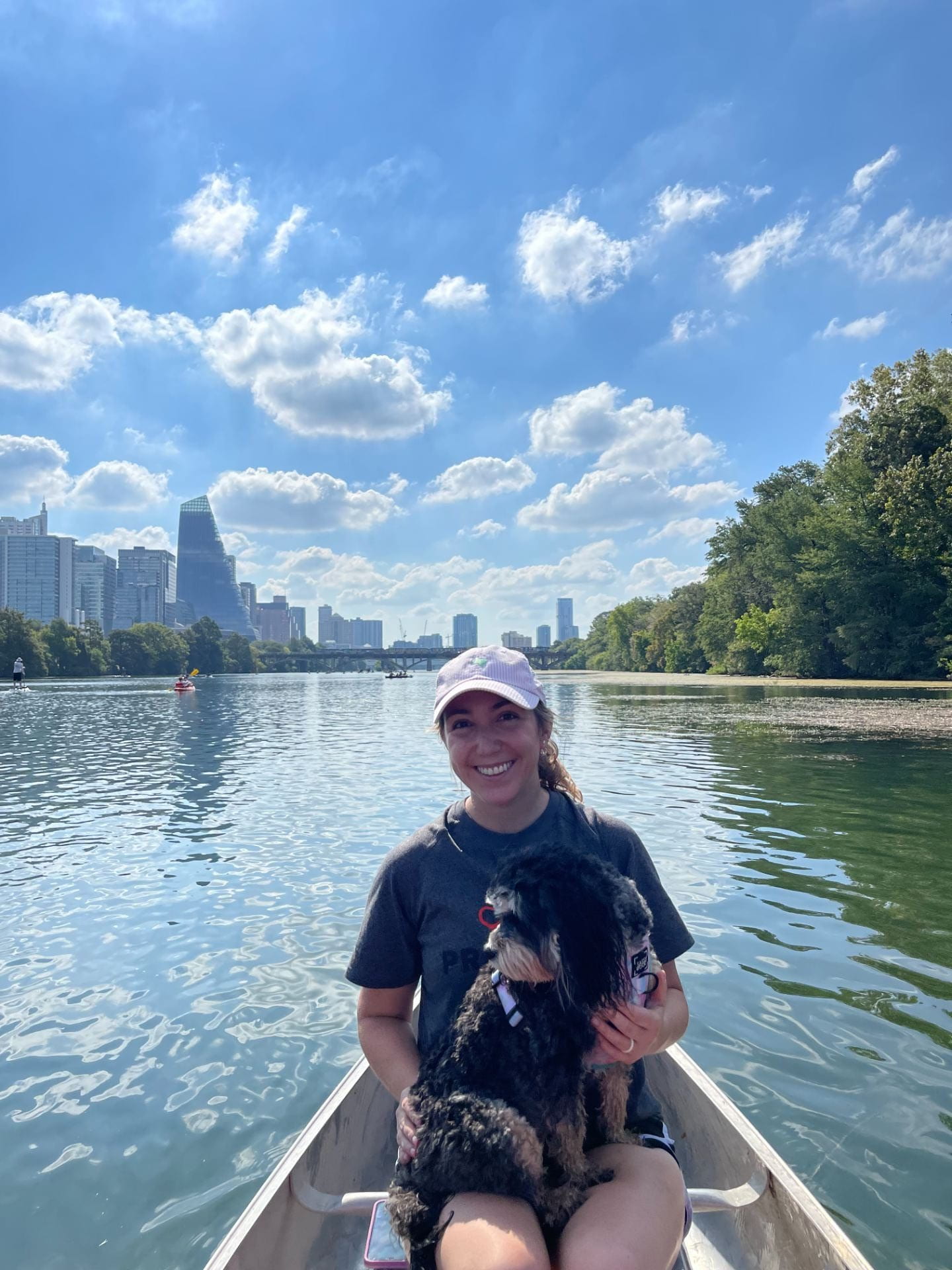
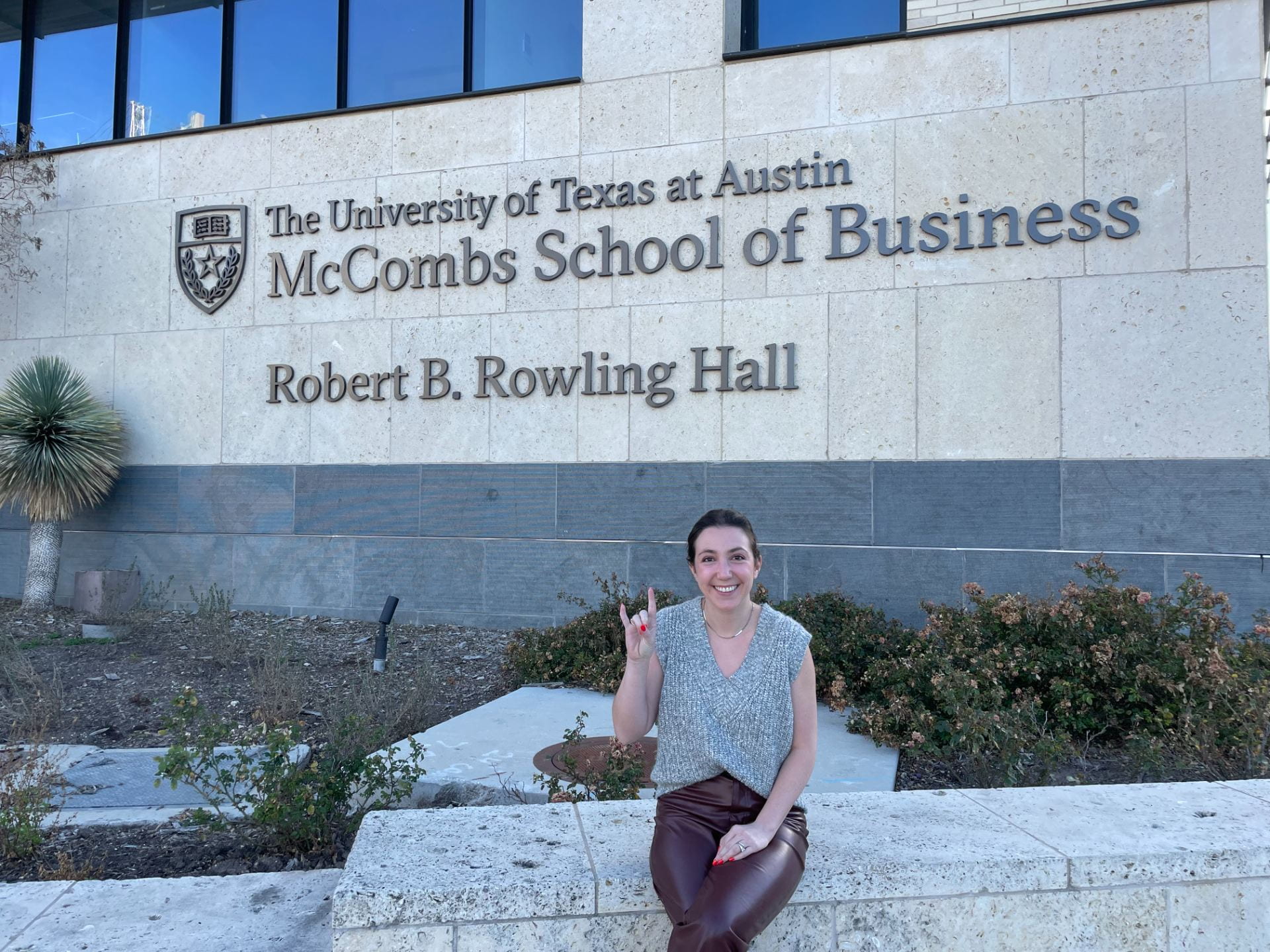












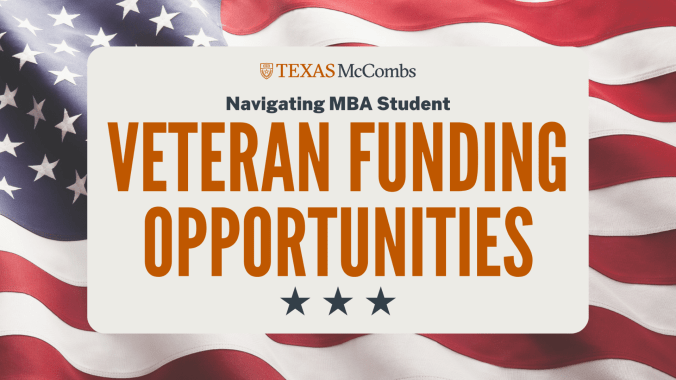
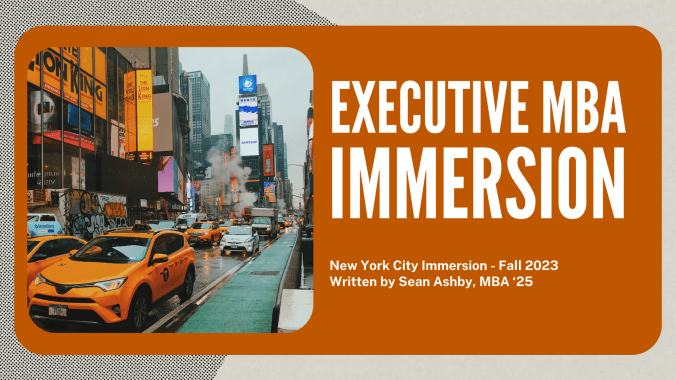
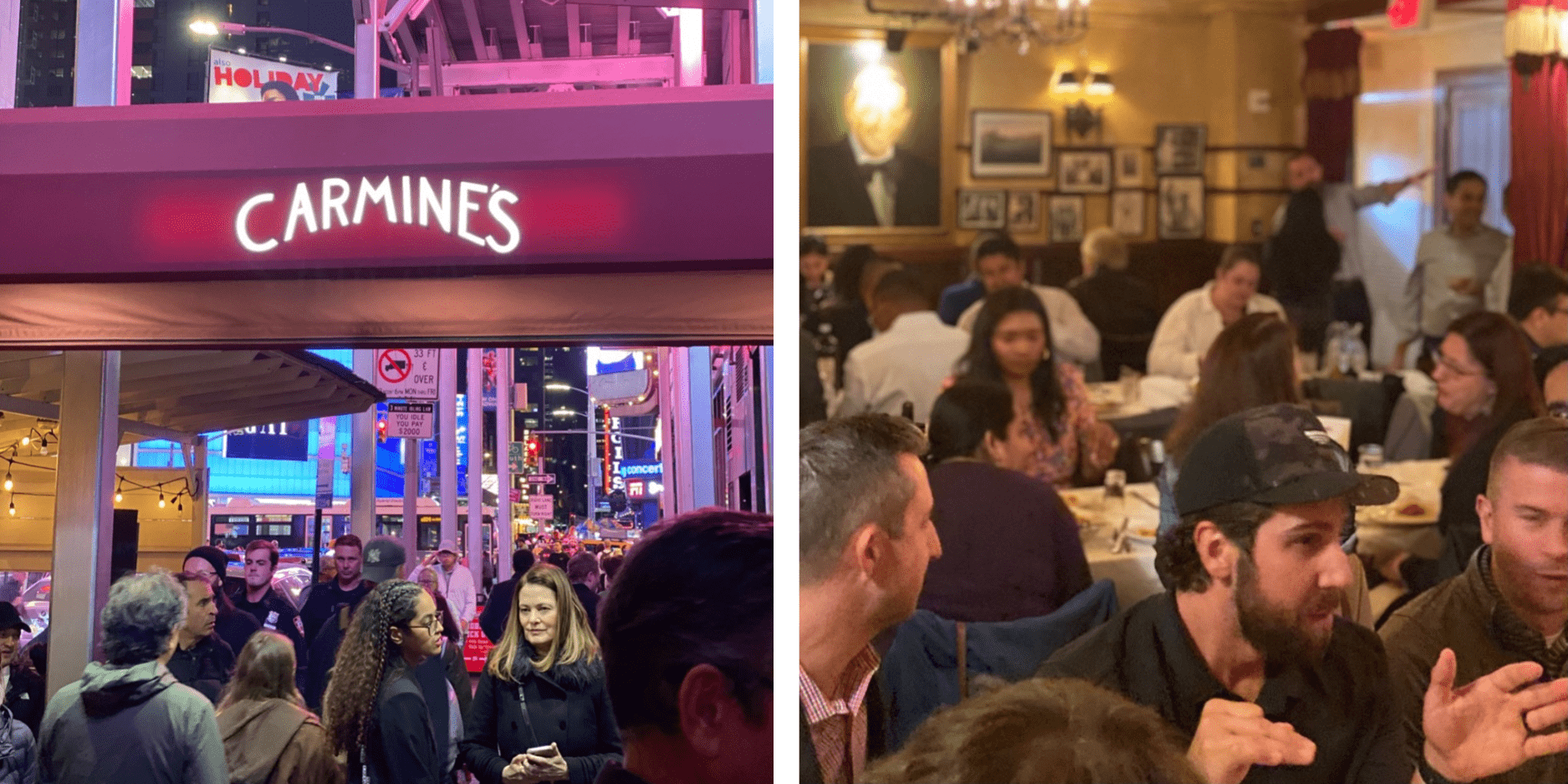
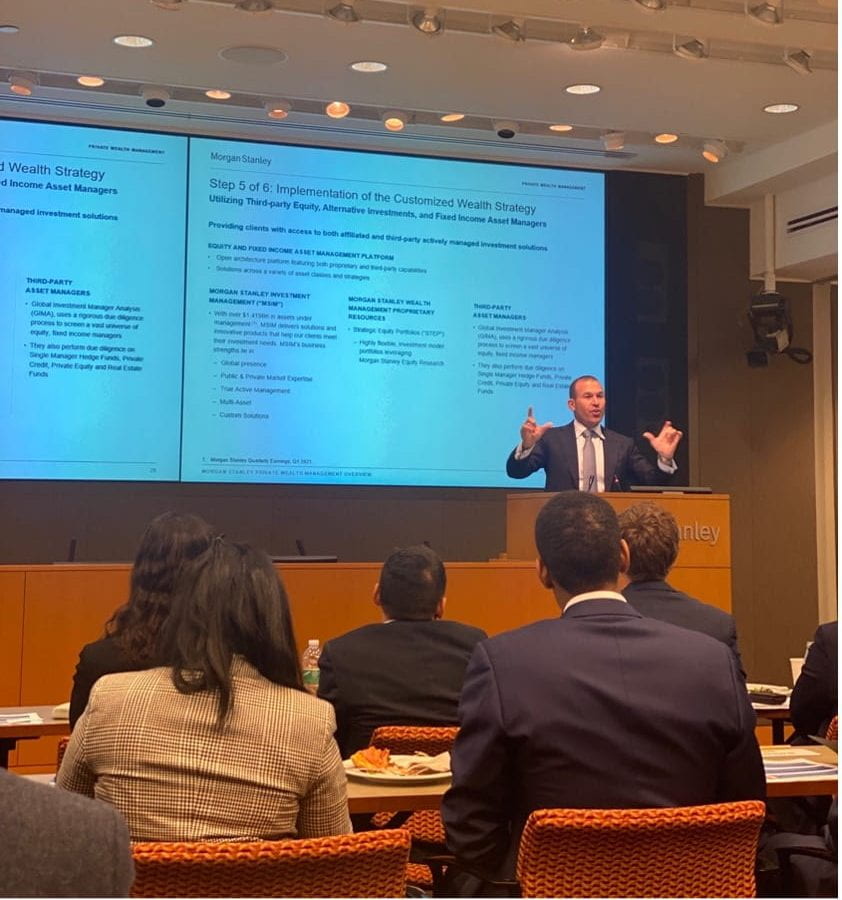
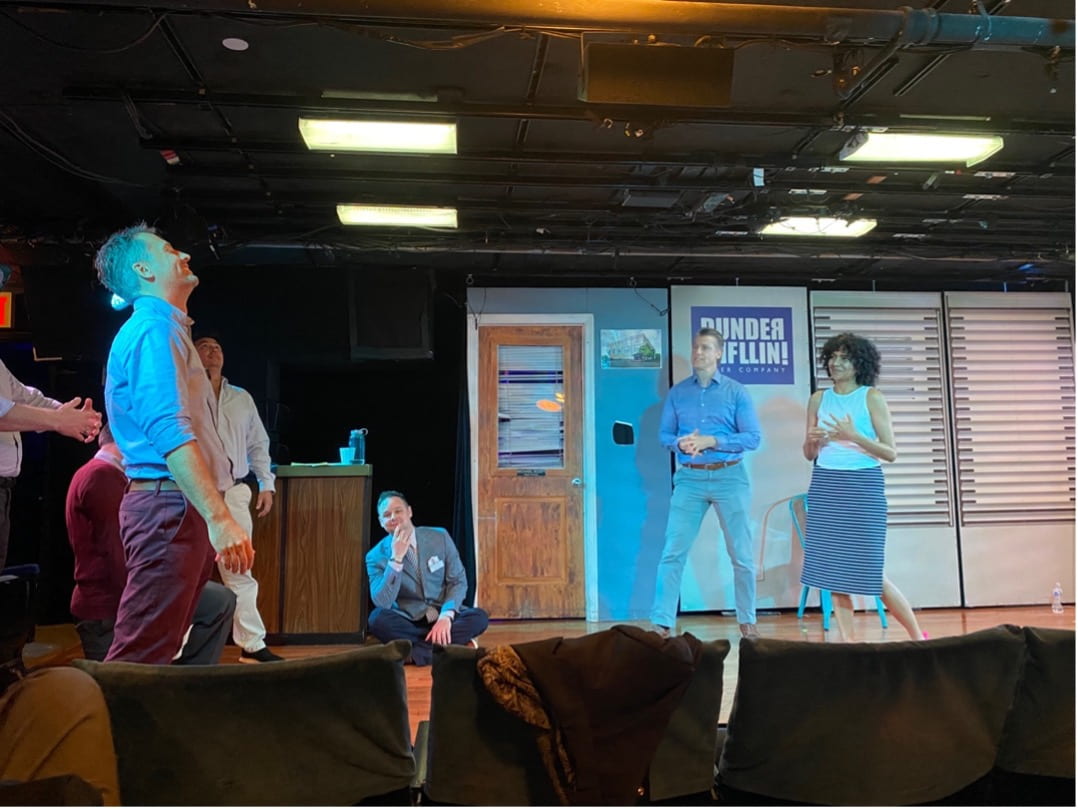
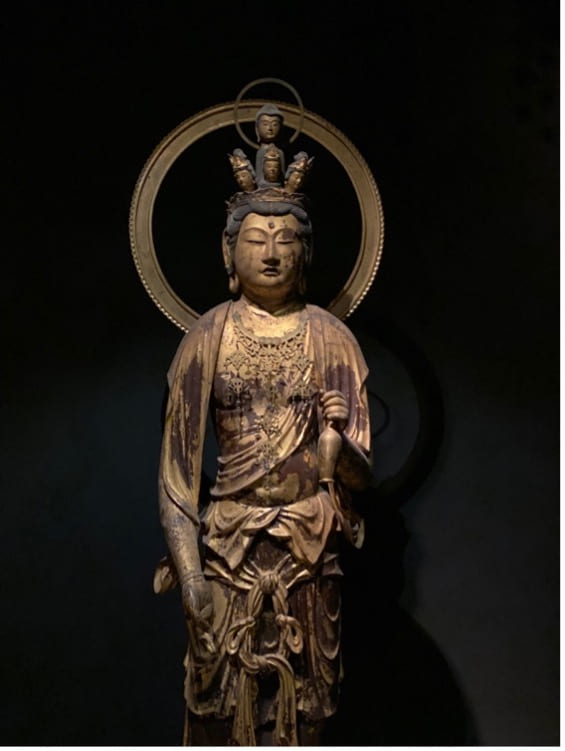
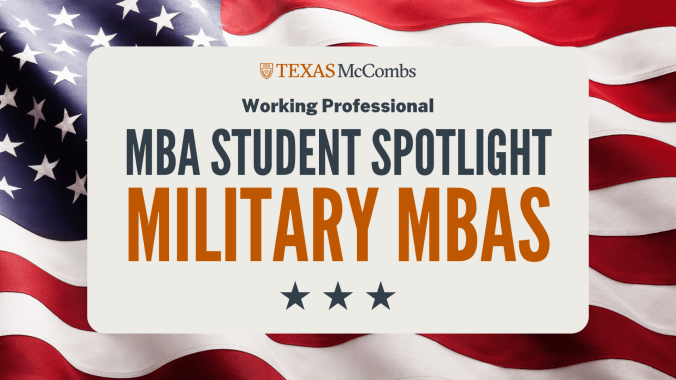
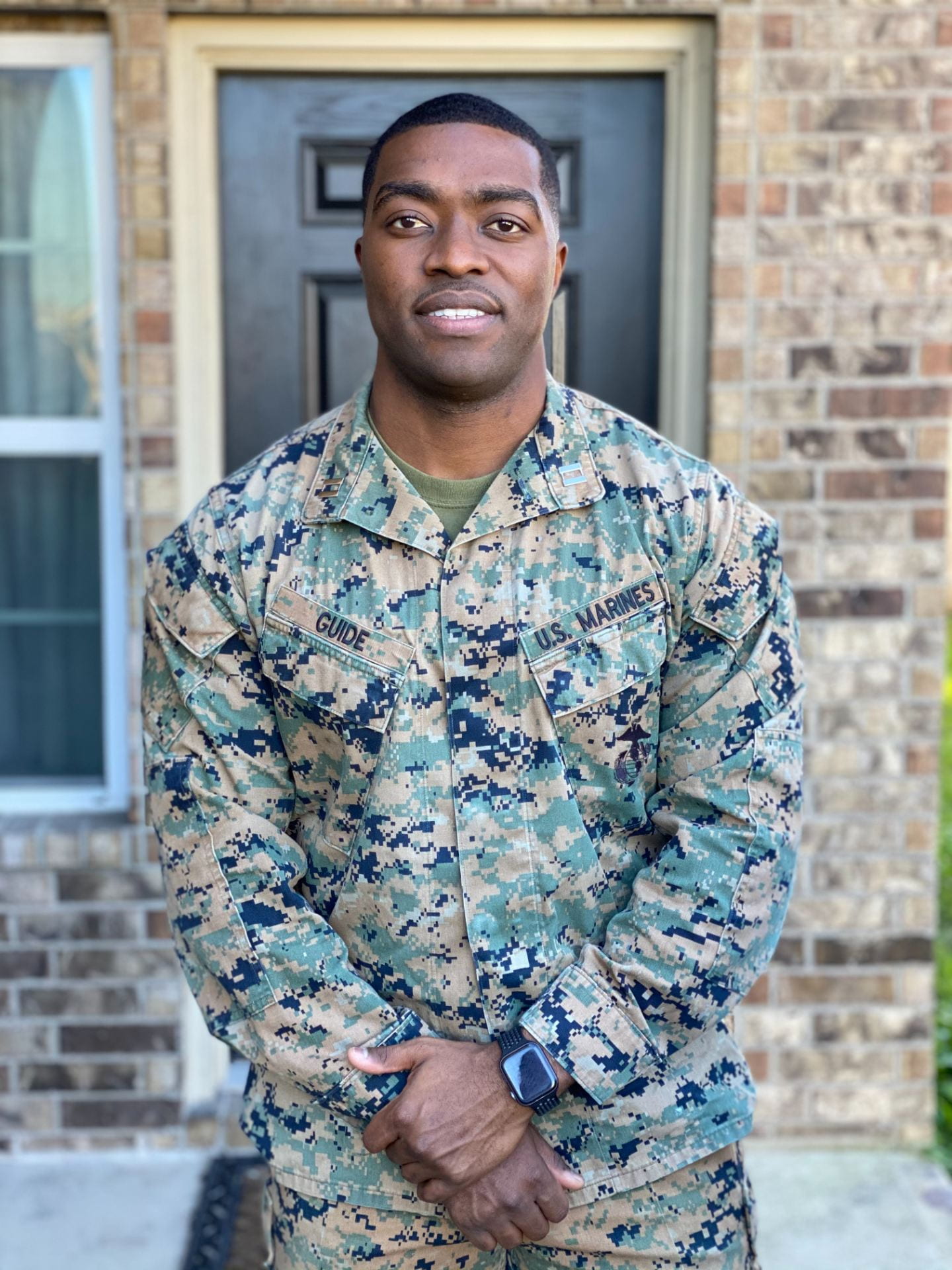

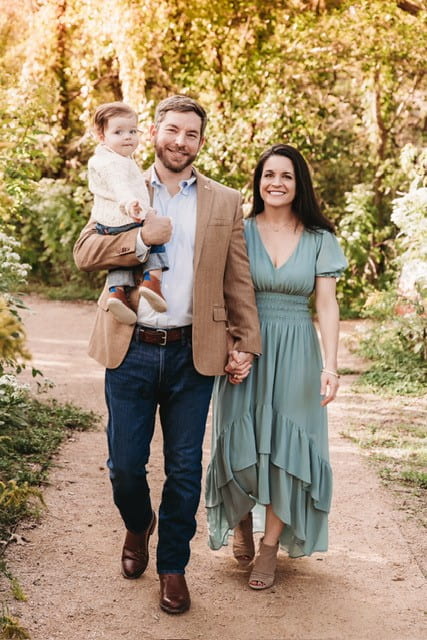
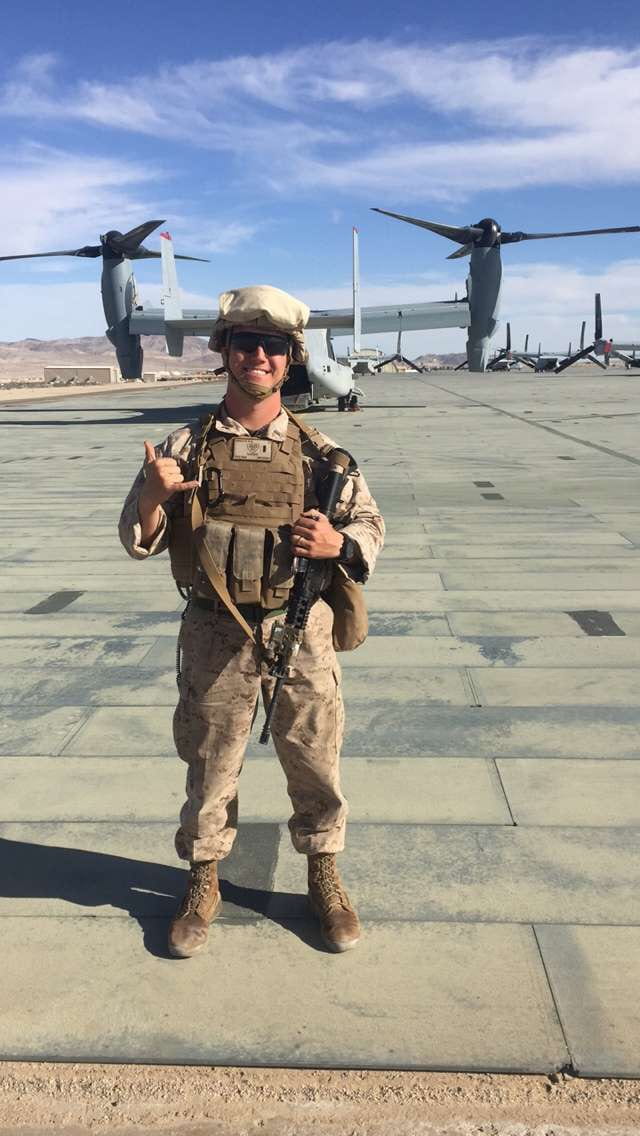 Ross Desoto began his military experience serving in the Marine Corps. During his time, he has served as the Battalion Supply Officer for 2 WESTPAC deployments to Okinawa, Japan where he participated in numerous multinational exercises in various countries around INDOPACOM. He also led 275 Marines in Sailors in day-to-day supply and maintenance operations supporting all Marines on the west coast. During his time there, he had the pleasure of deploying with 100+ Marines aboard the USNS Lewis & Clark where they supported operations in the Middle East.
Ross Desoto began his military experience serving in the Marine Corps. During his time, he has served as the Battalion Supply Officer for 2 WESTPAC deployments to Okinawa, Japan where he participated in numerous multinational exercises in various countries around INDOPACOM. He also led 275 Marines in Sailors in day-to-day supply and maintenance operations supporting all Marines on the west coast. During his time there, he had the pleasure of deploying with 100+ Marines aboard the USNS Lewis & Clark where they supported operations in the Middle East.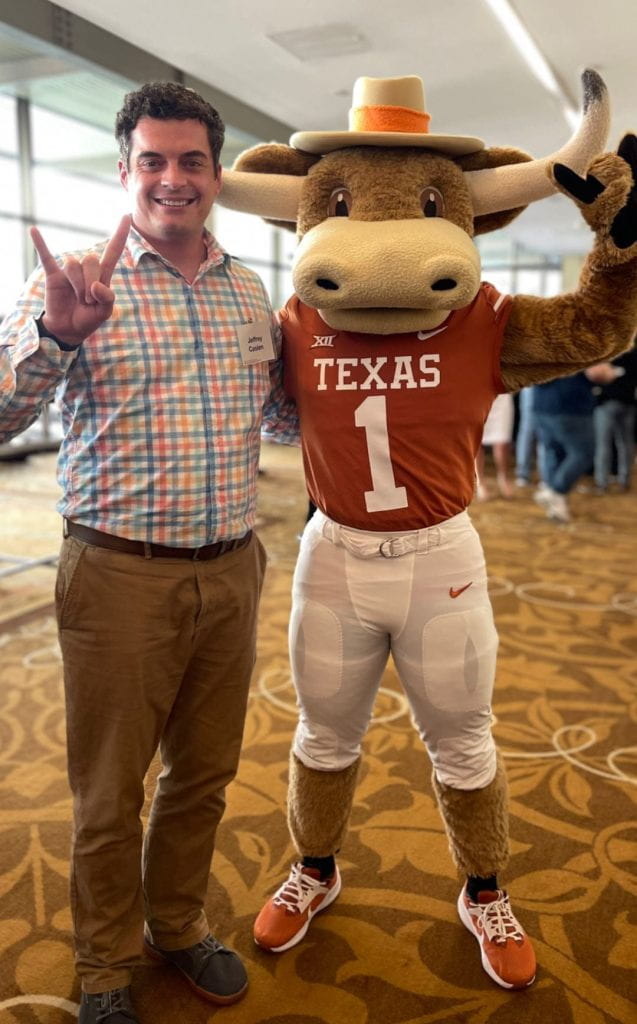 Jeffrey Caslen was commissioned as a Field Artillery Officer in 2009 after graduating from the United States Military Academy at West Point. After his Officer Basic Course, he met his Platoon mid-deployment in Baghdad, Iraq. After returning from Iraq, He moved to Fort Sill, Oklahoma, where he changed his Branch to Public Affairs (PAO). As a PAO, he served in many roles, including Brigade Public Affairs Officer, Command Team Speechwriter, and Observer Coach/Trainer at the National Training Center, in Fort Irwin, California. Jeffrey transitioned out of Active Duty in 2020 and is currently a Major in the Individual Ready Reserve.
Jeffrey Caslen was commissioned as a Field Artillery Officer in 2009 after graduating from the United States Military Academy at West Point. After his Officer Basic Course, he met his Platoon mid-deployment in Baghdad, Iraq. After returning from Iraq, He moved to Fort Sill, Oklahoma, where he changed his Branch to Public Affairs (PAO). As a PAO, he served in many roles, including Brigade Public Affairs Officer, Command Team Speechwriter, and Observer Coach/Trainer at the National Training Center, in Fort Irwin, California. Jeffrey transitioned out of Active Duty in 2020 and is currently a Major in the Individual Ready Reserve.
